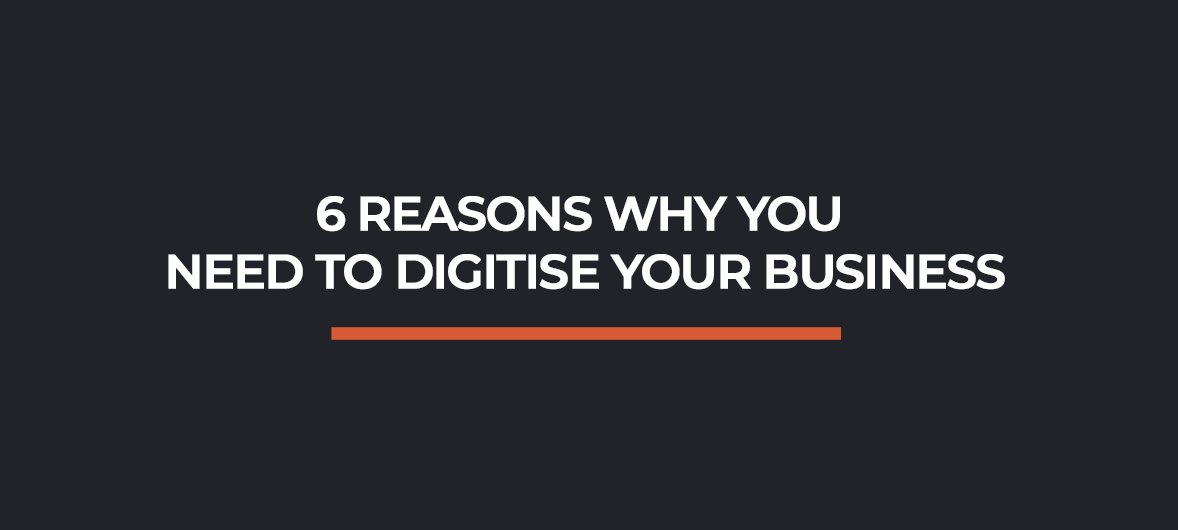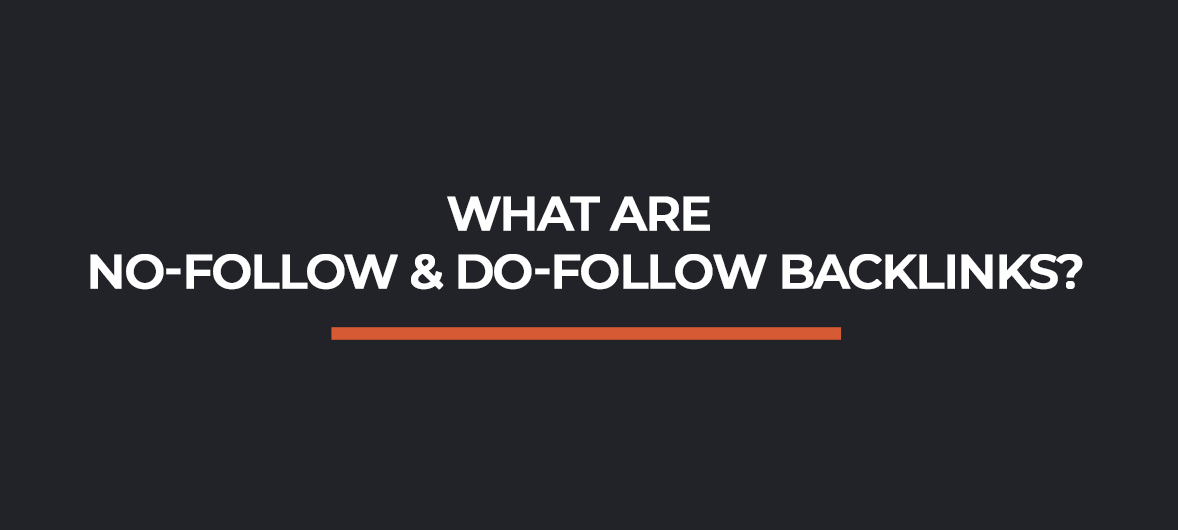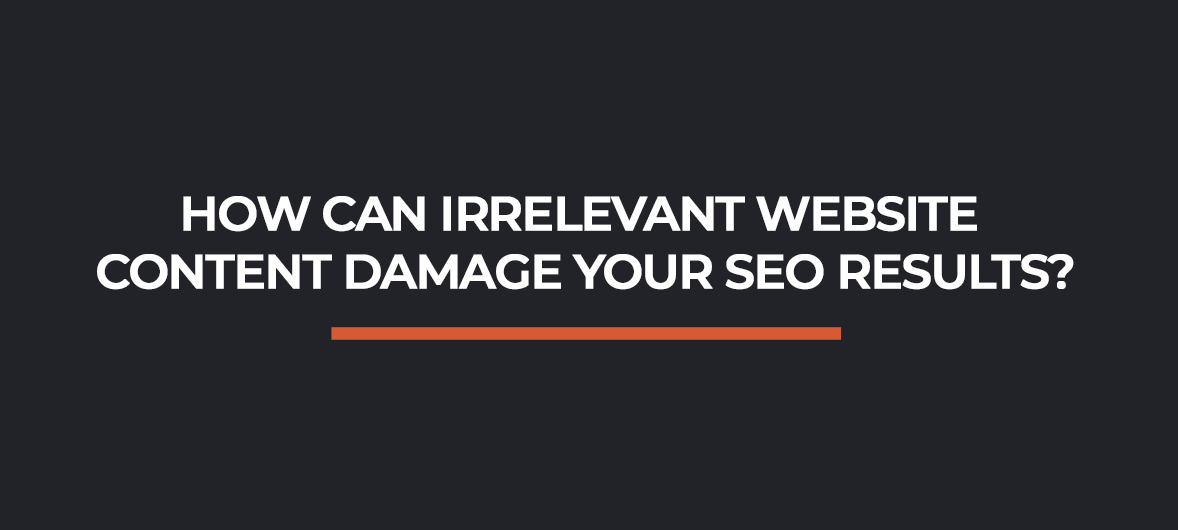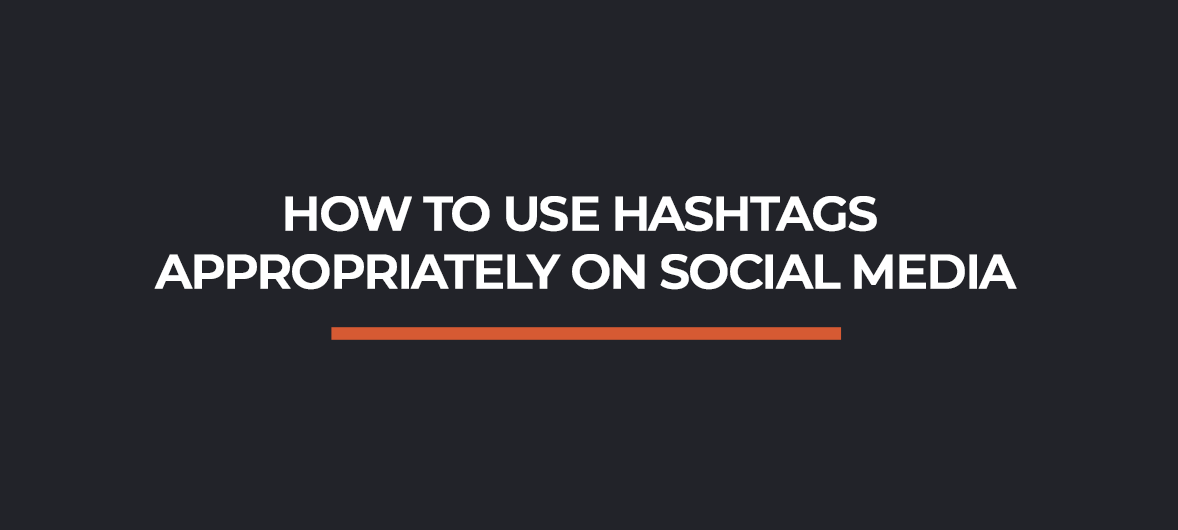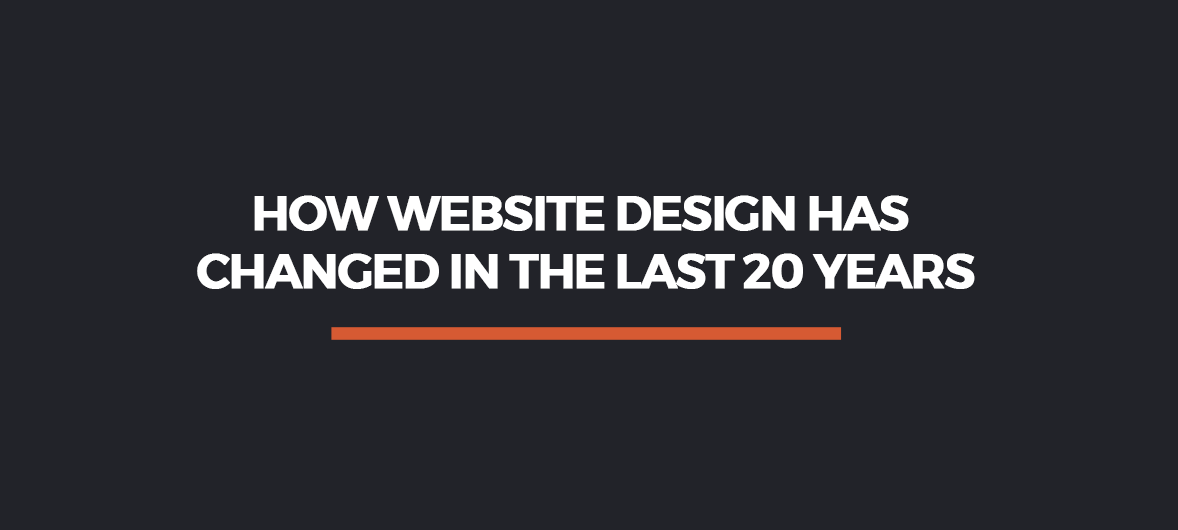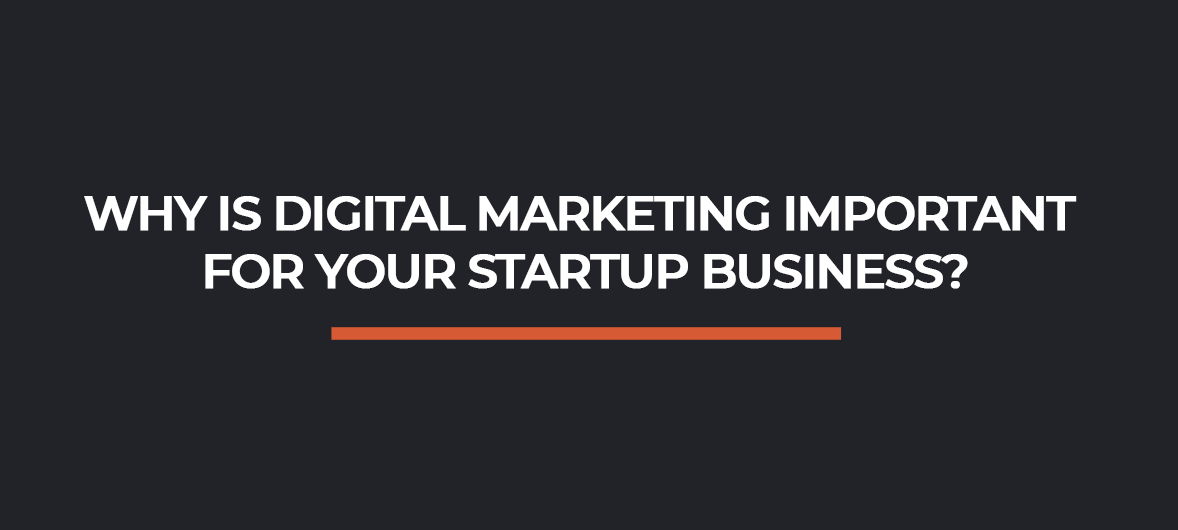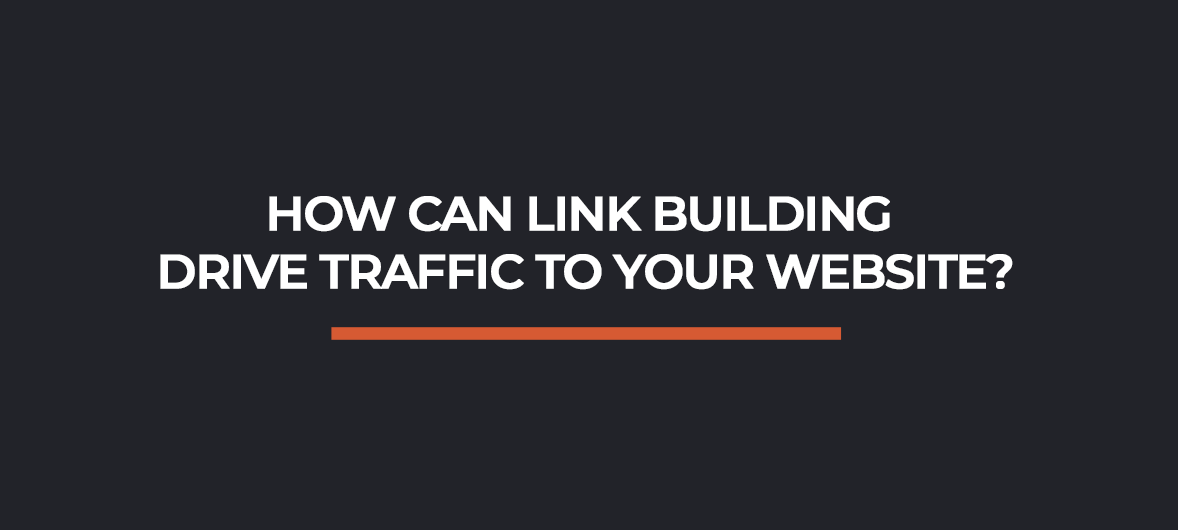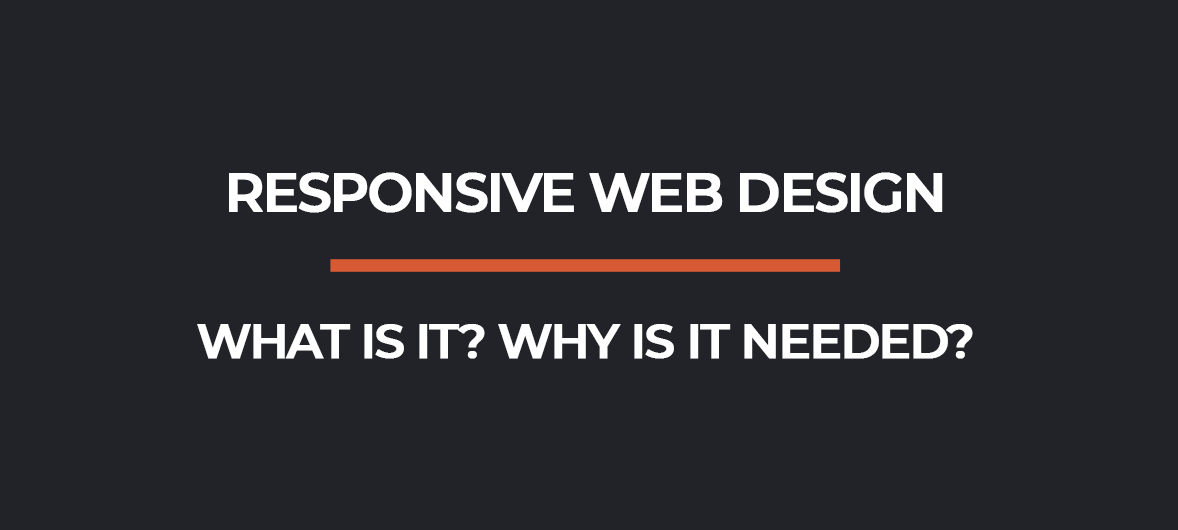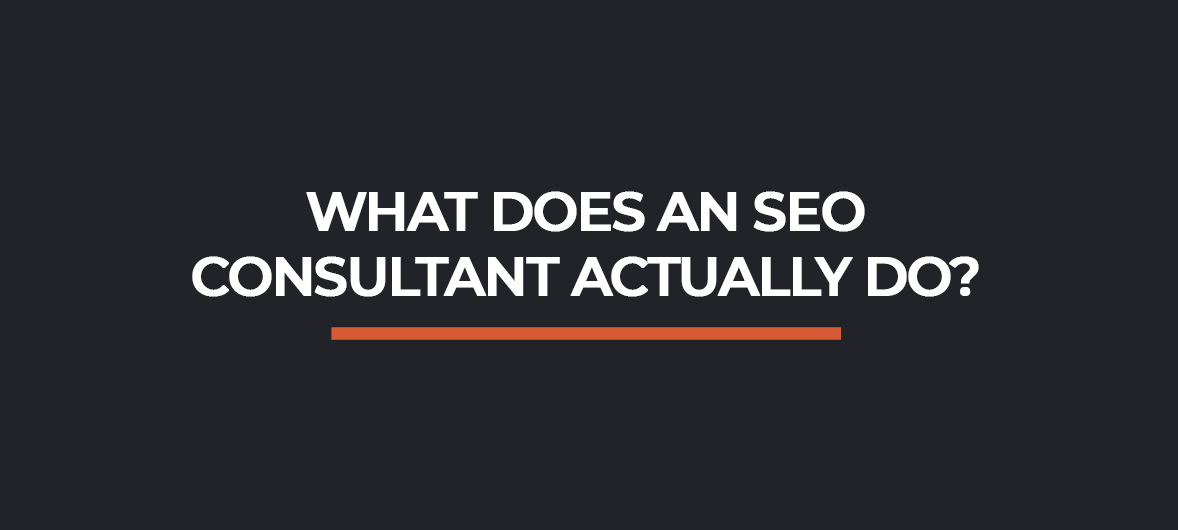Why is a Blog Important for Your Business?
Having a website for your business is the first step to round-the-cock exposure and increasing leads and sales, regardless of the industry you’re working in. However, often, a website alone isn’t enough to drive traffic to your site. If you’re struggling to get page views and user visits, then it would be worth considering implementing a blog.
A blog will help to keep your customer informed as well as provide them with essential information, guides and tips. This way, you’ll likely increase your audience if you keep producing relevant, captivating content. So why, exactly, is a blog important for your business?
1: It keeps your audience updated by way of company news & informative, relevant articles
As already touched upon, a blog keeps your customers up to date with regard to news about your company. It also provides a platform where you can advertise giveaways, competitions, and special offers and all of your customers will be made aware of it if they keep coming back and checking your blog page for new articles.
Aside from keeping your customers in the loop about your company, a blog also gives you a chance to publish informative content that’ll help your audience in a number of ways. Evergreen content will also help to drive new traffic to your blog, which could, in turn, create leads that’ll convert into sales.
For example, if your business builds garden fences, you could write an article entitled; “How to Maintain Your Wooden Garden Fence”. Not only will this help your existing customers, but it also gives you an opportunity to plug your services to those who, perhaps, have an old fence that’s in need of replacement.
Somewhere in the article, you could explain that replacing a deteriorating fence would be far simpler and less time-consuming than trying to patch up a broken fence. This could then lead to inquiries about the fence erecting services you have available and more jobs will be booked in as a result.
2: It will help to drive & build long-tail traffic
3: It aids in terms of improving internal linking
Internal linking is something that you can control as the website/company owner. So with this in mind, there’s no reason not to use them in the blog posts you’re writing. Internal linking will help your audience when it comes to website navigation as you’ll be pointing them in the direction of helpful, relevant website pages.
For example, if you’re selling blinds for the home and you’ve written a blog post entitled ‘Which Blinds Should You Choose for Your Kitchen?’ and one of those suggestions is a set of metal Venetian blinds, then you should internally link to the Venetian blinds page on your website.
Not only is this good for SEO purposes, but it also makes site navigation far quicker and easier for your readers. All they’ll have to do is click on the internal link as opposed to searching your site for the relevant page. The easier something is the better when it comes to website users and the way they navigate around it.
4: A blog enables your audience to give feedback
Often, a blog will allow comments to be made at the end of the page. This provides your visitors with a platform to leave feedback about the information you’ve given and/or the products you sell or services you provide. It also allows them to leave reviews where appropriate to do so.
For example, if you own a bakery that’s based online and you write an article about how to keep bread fresher for longer and you plug the bread you bake and sell, then a customer could comment on that article, stating that the bread you’ve baked is the best they’ve had from any local baker. This in itself is great for business, especially if an increasing number of people are clicking on your article and reading it to the end.
You’ll also be able to reply to the comments that people leave you, giving you the opportunity to thank your customers for their positive review or, you could simply engage in conversation with them, professionally.
This, in turn, will help build trust and a relationship between yourself and your customer base, therefore giving it more of a personal touch that’ll leave people wanting to come back and give you their custom.
5: An email database can be built as a result of having a blog
Customers and website visitors will have the opportunity to be informed every time you publish something new. This helps, in turn, to build an email database as well as a strong, loyal customer base.
With permission from your customers, you might then be able to send them newsletters, offers, competition details, and other informative emails that’ll keep them in the loop. But you must comply with the Data Protection Act 2018 with regards to this.
6: It enables you to educate your audience about your products/services as well as the industry you work in
Blogs allow for a wide range of different content pieces to be published and read by a relevant audience. It enables you to educate your readers about the work you do and the industry you work in. Having a blog also allows you to advertise your goods and services in a way that no other piece of content can.
This not only builds up and/or refreshes the knowledge you already have, but it also gives your readers more of an understanding about what your job entails and what your services and products can offer them. Article idea generation is imperative when it comes to educating your audience. A few things you could mention or revolve ideas around includes, but is not limited to, the following:
- What are the benefits of your goods or services?
- Explain what a particular product or service is or what it involves
- Put together guides and infographics
- Answer a few of the key questions a customer might ask with regards to any of your goods or services
7: Social exposure will become easier with a blog
When you have a blog, you’ll be able to link to these when writing Facebook, Twitter, Instagram or LinkedIn entries. It’s a quick and effective way of getting your content out to the masses and can make up part of your SEO strategy.
Having social media platforms is important for every business these days, regardless of the industry you work in, and it would be somewhat wasted without relevant blog posts to link to.
The good thing about having multiple social media accounts is that someone who follows you on one website might not follow you on another, but regardless, your content is being sent out to everyone, on every platform.
For example, you’re likely to target a slightly older demographic on Facebook than you are on Instagram. Twitter also has a younger user base than Facebook, but all three of the aforementioned social media sites have a different tone to LinkedIn, where professionals are likely to follow you.
By pushing the same article across all four platforms, you’re highly-likely to reach a great number of people, all of which will make up a relevant audience, simply because they’ve chosen to follow your activity on social media.
8: A blog increases brand awareness
A solid, robust reputation is essential for businesses, more so now than ever before in this digital age, this makes having a blog a worthwhile investment. There are multiple reasons for this, including that it enables a business owner to share a different perspective than might be conveyed on service and product pages or advertisements placed elsewhere. A blog is a great way to share new ideas and opinions in a friendly, professional way and it opens the conversation up to your audience as well.
Your reputation can also be built strategically by publishing certain articles. For example, let’s say you own a skip hire business and you want to come across as responsible and reliable, then you could publish an article entitled; ‘Tips for Choose a Reputable Waste Carrier’.
Within this article, you could include things such as: how to check their waste carriers license, how to ensure waste isn’t fly-tipped, and so on. This shows that you’re a legitimate company that wants to keep your audience protected against crooks, and to avoid that, they should choose you for skip hire services.
9: You can advertise your business through your blog, as well as share meaningful content
As already touched upon, you’ll be able to plug your goods and/or services in the content you publish. For example, you could own a hairdressing salon and publish an article entitled; ‘How to Avoid Split Ends’. Within that article, you could mention that, eventually, split ends are inevitable and that the only way to get rid of them is to have a haircut.
You could then link to your service page or another page that allows the reader to book a haircut at a time and date to suit them. The purpose of that article then changes as it goes on, from being informative and helpful to advertising a service you provide. This, in turn, increases leads and conversion rates.
